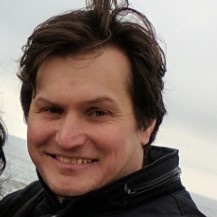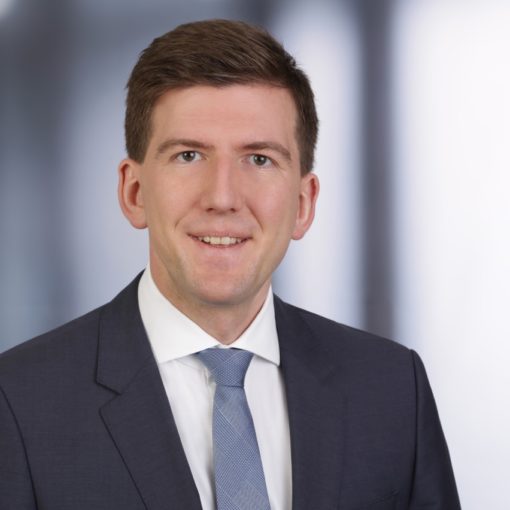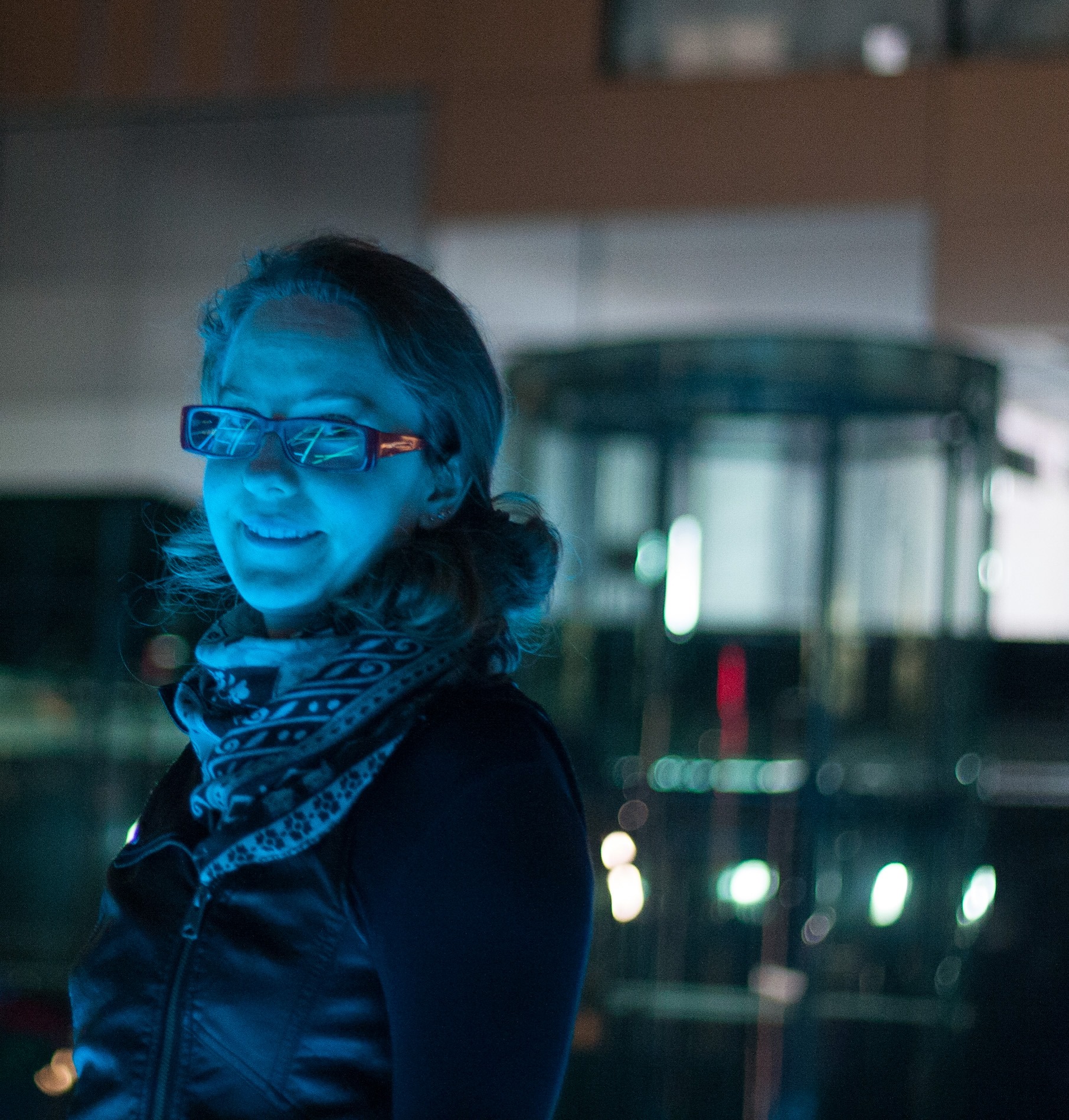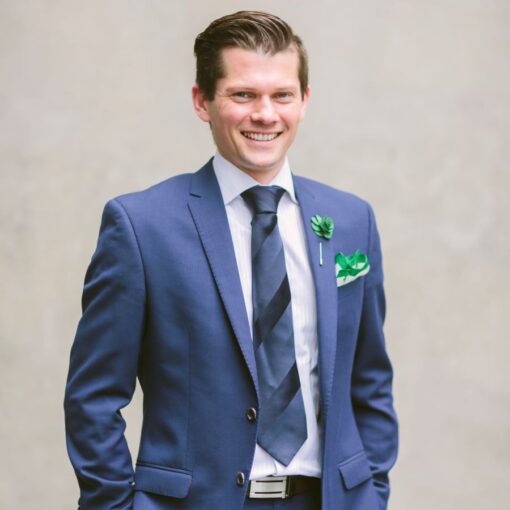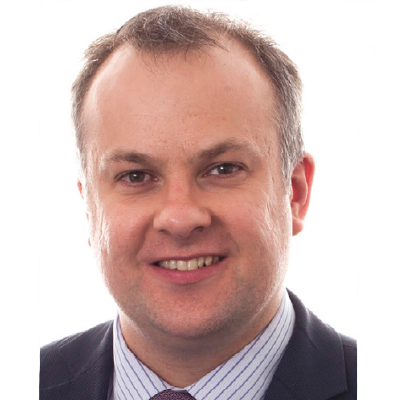DPhil Materials Science, University of Oxford
| Product Marketing Director | |
|---|---|
| Oxford Instruments Nanoanalysis | |
What is my background?
After my first degree in Physics from the University of Vienna, Austria, and a Masters focused on electron microscopy, that included a year working in the US, I came to Oxford to get a DPhil in Materials Science in Prof. David Cockayne’s group. Having been part of one of the leading groups in electron microscopy helped me build a worldwide network of contacts and friends which I still value greatly.
Wanting to pursue my research interest further after my DPhil, I took up a post-doc position in the same group. For my research I collaborated closely with scientists at IBM in the US and the Samsung Advanced Institute of Technology in Korea. I liked the energy and focus on applying the outcome of fundamental research that drove these industrial collaborations. I therefore decided that I wanted to continue my research career in industry with Sharp Laboratories of Europe where I worked as a Senior Scientist, leading research projects into Nanoelectronics and Photovoltaics. From there I moved on the Oxford Instruments where I originally started as a Product Manager for detectors for electron microscopes and now work as the Product Marketing Director.
Why move away from academia?
I thoroughly enjoyed the intellectual challenge of research, however, I felt that after several years in the lab doing fundamental research, I wanted to be involved in work that had a wider impact, outside a relatively narrow scientific community. I also enjoyed the energy that came with working in a team and pursuing a shared goal as I had experienced in my collaborations with industrial groups. Having worked first in industrial research and then moved into management I still enjoy spending time with academics to think through scientific problems but find great satisfaction in bringing the outcomes of such intellectual exercises to a broader audience in the form of products that are being used by scientists around the world.
What is the work like?
Leading the product marketing department at Oxford Instruments Nanoanalysis is an extremely varied and interesting job. I am fortunate to work with a group of highly intelligent and motivated people. Our customers are at the leading edge of science and innovation in their field and I particularly enjoy meeting with customers to understand how we can better help them solve their problems. As Oxford Instruments operates globally, a significant amount of my time is spent travelling to different parts of the world which has given me a good understanding of how interconnected our world has become. A new idea in Silicon Valley can have important repercussions for the analysis requirements of a chip manufacturer in Taiwan or a display manufacturer in Japan or Korea.
What is the company culture?
Oxford Instruments is a company that is build around constant innovation and growth, both business and personal. As can be expected from a scientific instrumentation business with a large customer share in academic research, there is a very cerebral approach to work at all levels of the company. While the company has a global reach it is small enough so that outstanding performance gets recognized and individual contributions are valued. Employees are usually encouraged to think as ‘Owners’ rather than just followers. However, there is always more plenty of work around and one quickly learns to prioritise. The team at Oxford Instruments is very international and many of the jobs involve international travel or even secondments abroad and the prevailing attitude of most people is one of openness and interest in other cultures.
What were my transferable skills?
In addition to the skills in electron microscopy and nanotechnology I learned during my time in academia how to give engaging presentations on complex subjects. Whether pitching an idea for a new product line to the CTO or explaining the fundamentals of X-ray detector to a director of a mining company, learning how to pitch your expert knowledge to suite your audience is a very valuable skill. Also, working in an international environment within international collaborations at Oxford University was a good preparation for working with clients and colleagues from all over the world. However, probably the most valuable skills were the persistence necessary to finish a DPhil and the analytical attitude to problem solving that I developed during my time in academic research. If I can guarantee one thing, it is that you will never run out of problems to solve when working in a commercial environment.

